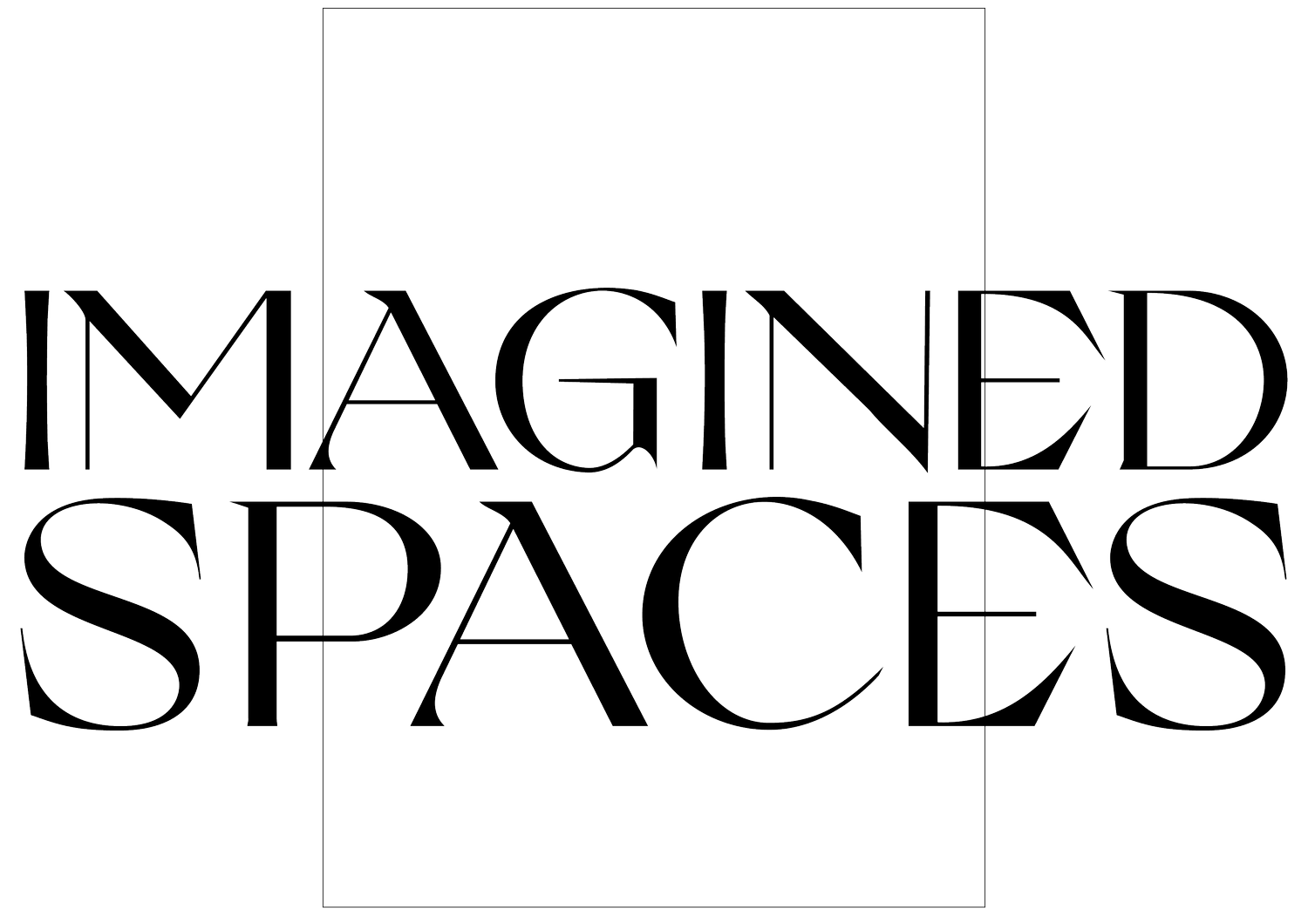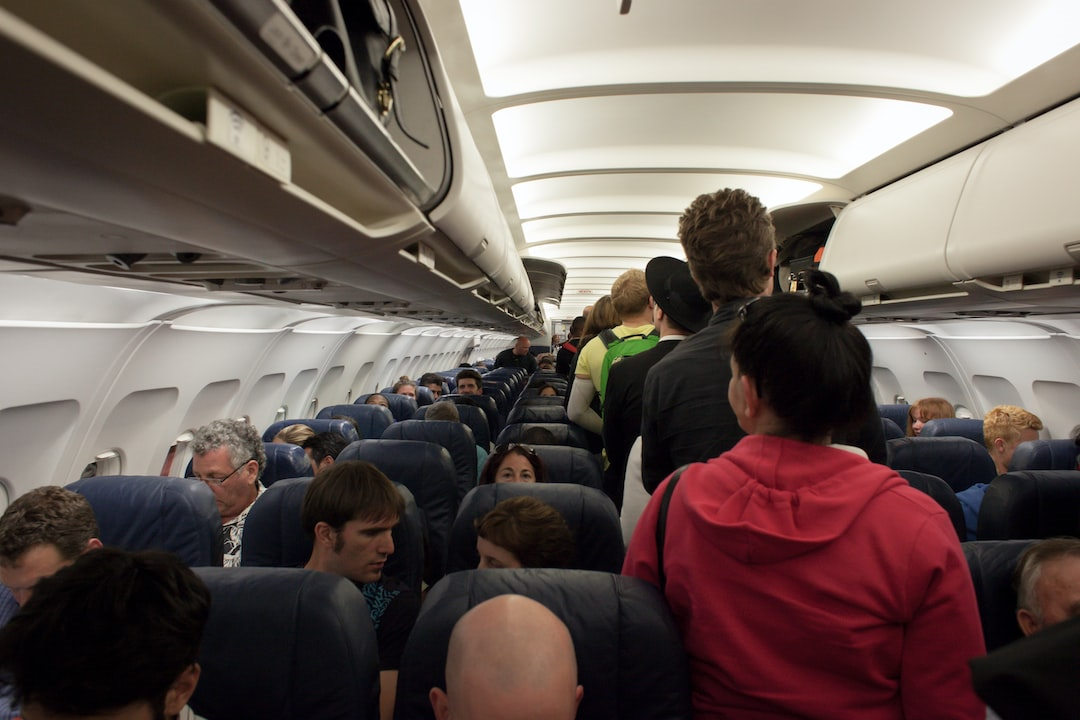The Sky in Amsterdam
Standing in line for security at the airport, I can’t stop thinking about how much this flight will help my soul. Run away, don’t face those issues that reside in that place anymore. It’s not uncommon to flee… is it? A revelation of some sort, an epiphany, or some type of awakening perhaps. But this stems from nothing but desire. A brief extinguishing of a painful craving that hardly lasts. This type of freedom never occurs on the ground or being in a place after having travelled through the air and landed again.
From my position in line, I observe people saying heart-warming and heart-breaking goodbyes. Rushed businessmen angrily attempt to squeeze past them. To my sharp right, families with celebration balloons and bouquets of flowers wait outside the arrival doors to welcome their loved ones home. I want to smile at these reunions but I’m pushed from behind. The woman in front of me in line is struggling to take off her shoes for security. I want to whisper to her, maybe you shouldn’t have worn knee-high boots. Past security, a small Indigo venue has rows of Christmas-themed romance novels to sell. The clichés are endless. The female main character is reunited with her family, she enters a new relationship with someone she met in a bakery, and if she ran at one point, she needn’t run now because happy endings are always crucial for a novel like that. In reality, however, that’s hardly the case—even though I only desire that my travelling would have some sort of happy ending once I am in Europe.
I walk through the entrance to the plane where the door hangs off to the side in a clean, folded way… as if it were to fully open for me—me the one who only desired change. I glance at my seat number, 23A. It’s the row at the very back of the plane, the window seat. No other seats behind. I am in a corner. I think: this means it will be cosy, and I’ll be able to sleep without having to worry about people behind me. I look forward to the front of the plane right before I sit down and notice—way up ahead—that all my struggles have climbed aboard as well.
To my shock, they are being escorted into the first-class section of the cabin by flight attendants. Embarrassment looks back at me and winks before disappearing behind a red curtain, and Regret waves when she sees me hanging all the way at the back. Ignorance doesn’t even look my way, and I see Anxiety trying to rush to me, but is ushered back to her seat when she nearly causes a pile up in the Economy section. I am sure that once they’ve sat down in their comfy first-class seats with extra leg room, champagne would be served to them, and they’d soon be wrapped up in a nice fleece blanket for the overnight flight. However, knowing they are over there and I am all the way back here, my worries are eased. They won’t come at me. Secluded in my corner, I feel safe.
After a while I find myself with a newfound sense of curiosity for the person beside me. Despite their being fast asleep as soon as the plane’s lights dimmed after take-off, I want to wake them and ask why they were heading away from Edmonton. Do they want to escape? I want say, ‘what are you running from, and why?’ In my case I want to live freely somewhere new, learn new things, meet new people, and experience new things. I look forward to the spaces where I’ll be able to make these things happen—whether it’s when I arrive at the new destination, or a couple weeks later at a coffee shop, or perhaps in a library in a month once I’m settled in. Surely I’m not the only one like this with a desire so fierce that the struggles with my own self and its moods can’t dampen it.
By the time the moon takes her vigil in the sky, I soon forget all about that though—my past, my worries, and my protected corner begins to feel even more consoling. I recall Gaston Bachelard’s writings in The Poetics of Space: ‘Every inch of secluded space in which we like to hide, or withdraw into ourselves, is a symbol of solitude for the imagination…’[1] I have never been in such a corner as in the back of an airplane before, and though my past may have followed me onboard in all its guises—they even got first class for heaven’s sake!—those versions of me then don’t have a corner like I do. If a corner allows for the imagination to flow freely then perhaps this is all one needs?
Everyone around me is asleep. My mind, however, is not. It is running wild in a field full of long grass, every blade brushing against the feet of my conscience, enchanting it so it thinks faster and with a wider spectrum of creative ideas: lines of poetry, plot points of a work in progress… I ponder how this corner is more perfect than any destination, than any final escape, and I am only in the middle of the journey.
In his essay, ‘Separation and Connection’, Chan-Fai Cheung writes, ‘connection to the external world is by looking out of the window’, that ‘the window is then the boundary of the privacy against the open public.’[2] In an aircraft atmosphere however, the ‘open public’ is inside the plane; so to some extent what is public—using Cheung’s windows analogy—the sky must become private. Yet how can an external public space that is looked into and not out to exist without humanity? There is no society. Does the plane window still function the same as a house window in this sense? I take this as an exceptionally beautiful inversion of Cheung’s explanation.
Cheung’s ideas continue: ‘Only when man has taken possession of space, defining what is inside and what remains outside, we may say that he dwells.’[2] But what does it mean to dwell in an airplane? As everyone sleeps, I wonder if they are dwelling, and if I am dwelling. I can distinguish the outside from the inside, I can say that life exists inside the aircraft and there is nothing but nature outside, but do I dwell here albeit temporarily. I notice there is something else that exists alongside the cultivation of imagination, and that is the present aspect of the moment… its capacity for stillness. ‘It’s about here and now. About waking up to this moment, seeing this for what it is.’[3] The temporal present is just as special as place. Bachelard says ‘the corner is a haven that ensures us one of the things we prize most highly— immobility.’[4] Is there any other way to fully experience the present if not in a cornered state of total stillness? Almost in a meditative state, I do nothing in my corner while everyone else continues in their slumber, and I am content with it. I find my desire for a new place is redundant, and how lucidly present is this—the airplane in the sky of serenity.
I feel myself in two places at once, both on the inside and outside, both present. The Struggles in the first-class section will always live—there is no running from them, and of course no running toward something that may or may not be better. As long as I see my circumstances for how they are—right here and now—and not how I wish them to be, or imbued with regret for how things existed before, I am content. ‘We’d do better focusing our effort on being present rather than on insisting on what the future must be,’ says Steve Hagen in Buddhism Plain and Simple.[5] I smile to myself in the back corner of the plane.
In the moment of being up in the sky, only the stars are worth something to me. I bask in the solitude so much that the plane begins to feel like home. Is it too much to say that a home is what you make it? The stars, miles high up in the night sky remind me that there will always be a present home away from home where the mind can wander free.
-
1. Gaston Bachelard, The Poetics of Space (New York: Penguin Books, 2014), p. 155.
2. Chan-Fai Cheung, “Separation and Connection: Phenomenology of Door and Window” in Space, Time and Culture, ed. by David Carr, Cheung Chan-Fai (Kluwer Academic, 2004), p. 259.
3. Christian Norberg Schutz quoted in Cheung, “Separation and Connection” p. 255.
4. Bachelard, The Poetics of Space p. 156.
5. Steve Hagen, Buddhism Plain and Simple (Penguin Books: London, 1999), p. 37.
-
Gaston Bachelard, The Poetics of Space (New York: Penguin Books, 2014).
Chan-Fai Cheung, ‘Separation and Connection: Phenomenology of Door and Window’ in Space, Time and Culture, ed. by David Carr, Cheung Chan-Fai (Kluwer Academic, 2004).
Steve Hagen, Buddhism Plain and Simple (Penguin Books: London, 1999).
-
Clare Havertape is in the final year of an English and Creative Writing degree at the University of Dundee.


